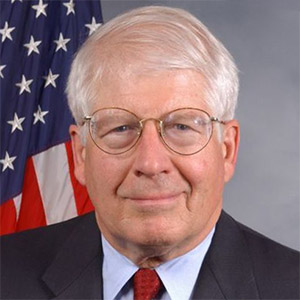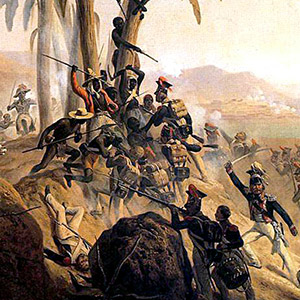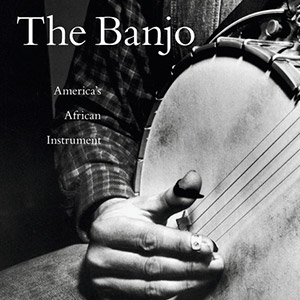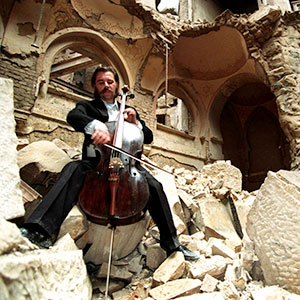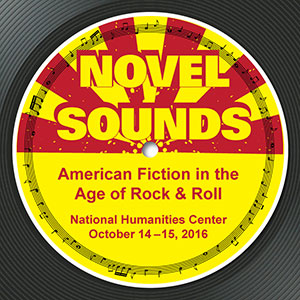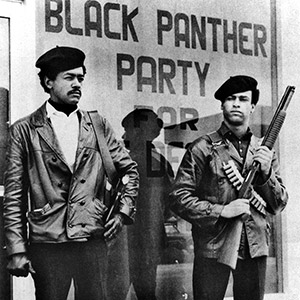
Jakobi Williams, “The Black Panthers, Here and Abroad”
Since its founding over 50 years ago, perceptions of the Black Panther Party have varied widely, often shaped by misinformation—about the Party's motivations, its relations with other organizations, its influence in the U.S. and around the world. In this conversation, historian Jakobi Williams discusses the challenges facing scholars in reconstructing the history of the Black Panther Party, the common misconceptions that continue to shape views of the movement and its leaders, and the ways that the organization helped inspire resistance groups in other countries.



